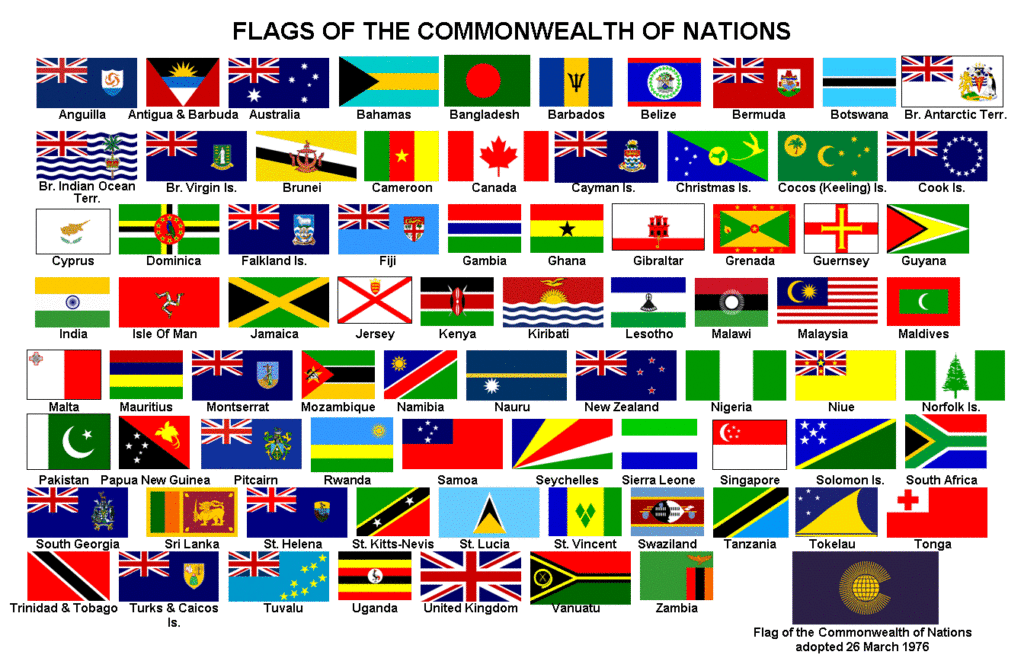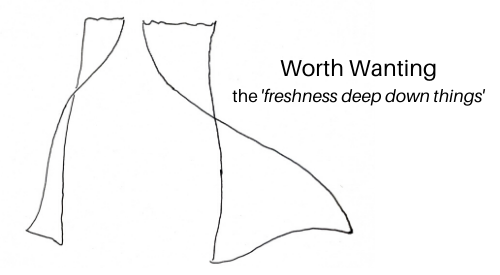
What’s the connection between freshness and commonwealth?
Where I live is a commonwealth, one of four in the country–Kentucky, Pennsylvania, Massachusetts, Virginia–but the term is synonymous with ‘state’ as the other 46 refer to themselves. Still I find the word intriguing. Far down the list of definitions, commonwealth refers to ‘any group of people united in some common interest; the whole body of people of a nation or state; the body politic, supreme power held by the people, so not monarchical, not authoritarian.’ An obsolete meaning: ‘the public welfare.’ A commonwealth, then, is more than a crowd, more than a clan, more than even a city, perhaps an aspect of a civilization.
If we break the word up into ‘common’ and ‘wealth’, a new set of implications emerge. From the Middle English ‘comun’, meaning ‘shared by, coming from, done by more than one.’ Also, from the same source, ‘welthe’ means ‘a rich profusion, an abundance, plenty; public good, advantage, benefit.’
I had a T-shirt once that proclaimed: A more perfect union: commonwealth, common good, common cause, common sense, common courtesy. The idea of common doesn’t speak of uniformity but of wealth widely distributed in all, through all and for all, and shared by all, such as access to transcendent freshness through encounters.
A premise of encountering is that the other, for each of us, has claim on existence as good as our own. Also, that all others, like any of us, are able to encounter any time anywhere.
And what is wealth? It is that beyondness, that interestingness, that unsuspected and/or unexpectedness we find in others and othernesses when we make common cause with their livingness, that is, when freshness hosts and we participate in encounters.
So the wealth of any commonwealth is fundamentally the richness and reach of the potential of all the people.
Any civilization, any community certainly, depends on a set of broadly accepted principles, what we might call a world/value system addressing the questions: what is the case and what is worth wanting. In any community there is a diversity of perspectives on both, but a core of agreement allows the definition of common aims and effective and efficient plans for moving forward together.
Notice, however, that what is the case, that is, what is really there and how it works, is a mundane world question, answered through evidence and argument. What is worth wanting is not a question with an answer but instead a compelling apprehension of ‘this is good, this has intrinsic and lasting value, this is beyond the machinations of the mundane.’ This is not a kind of conclusion we climb the ladder of inference to attain, but a perception that seizes us of a reality we in turn seize.
Good, in the short term and on the local level, is a mundane matter of needs and desires often in contest. Ultimate good, however a community recognizes it, is a transcendent matter, not just arbiter but inspirer.
When the link between ‘is’ and ‘should’ ceases or grows weak in a civilization, that is, when the shared sense of what is worth wanting is less and less compelling and common to fewer and fewer people, discord replaces synergy, aimlessness replaces momentum. A fresh, common apprehension of what it is that has true and lasting value is required for a civilization’s renewal.
Transcendent freshness is what that we directly apprehend when we encounter others and othernesses, and freshness is compellingly worth wanting.
We can see manifestations of freshness through history to now, and we can feel the promise of great things possible in all the many, many encounters with their fresh futures forever occurring right now and nyet to occur.
And freshness is at the heart of common wealth, hence of commonwealth, that institution based on a shared grasp of the potential, energy and power of encounters with others and othernesses to generate abundance and blessedness in, through and for all.
